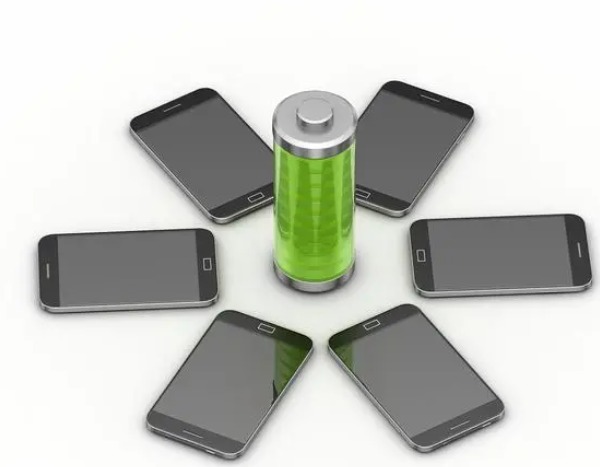Smartphone Batteries Do Not Favor a 100% Charged State
Smartphones are indispensable tools in our daily lives, yet adopting the correct charging methods is crucial for preserving the lifespan of smartphone batteries.
It is known that smartphone batteries do not favor being in a 100% charged state for prolonged periods. This is because keeping the battery at 100% charge for an extended duration can negatively impact its lifespan. Modern smartphones are equipped with battery management systems designed to prevent overcharging. However, remaining at full charge for too long can still lead to a decline in battery performance and even accelerate battery aging.

To protect smartphone batteries, the following measures can be taken:
- Avoid keeping the battery fully charged for long periods: Consider unplugging the charger once the battery reaches 80% or 90% to maintain it in a more comfortable working state.
- Discharge periodically: Excessive discharge is less harmful to the battery than overcharging. Regularly letting the battery level drop to a lower level (around 20%), and then recharging it, can help maintain better battery performance.
- Be mindful of the charging environment: High temperatures are detrimental to batteries. When charging, avoid placing the smartphone in high-temperature environments, such as on a windowsill under direct sunlight or in a closed vehicle. Charging in a moderate indoor temperature can help extend battery life.
- Use the original charger: Chargers of different brands and models may have varying output voltages and currents. Using an incompatible charger could damage the battery. For safety, it’s best to use the original charger provided with the smartphone.
- Avoid using the smartphone while charging: It’s best not to use the smartphone while it’s charging to prevent overheating.
- Regularly check the smartphone’s temperature: Keep an eye on the phone’s temperature while charging. If it becomes unusually hot, unplug the charger immediately.
Charging Precautions:
- Avoid excessive discharge: Do not wait until the battery is completely depleted before charging. Excessive discharge shortens the battery’s lifespan.
- Avoid charging to 100%: Smartphone batteries do not favor being in a 100% charged state for extended periods. Charging to 80%~90% is sufficient, and frequent, smaller charges are more beneficial.
- Avoid high temperatures: Lithium batteries are sensitive to heat. Keep away from heat sources to prevent the smartphone from overheating.
- Limit the use of power banks: Frequent charging with power banks can negatively impact battery health.
- Reduce charging via USB connection to a computer: Frequently charging through a USB connection to a computer is also detrimental to battery lifespan.
Adopting the correct charging methods is essential for extending the lifespan of smartphone batteries. Avoiding excessive discharge and overcharging, maintaining the battery within a healthy charging range, avoiding exposure to high temperatures, and reducing the use of power banks and USB connections for charging are all crucial. By doing so, we can ensure that smartphone batteries provide stable service over a long period.
In summary, although smartphone batteries do not favor a 100% charged state, this does not mean we should always keep the battery level low. Through sensible usage habits and maintenance methods, we can keep our smartphones ready for use while also extending the life of their batteries.